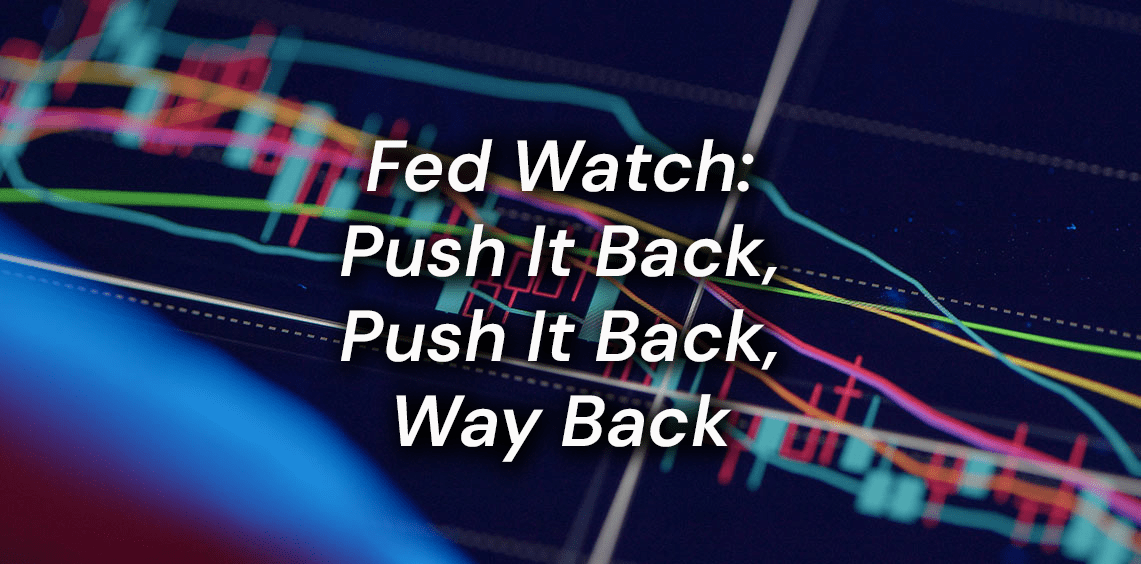Last week I had the opportunity to interview Philadelphia Federal Reserve President Patrick Harker on our Behind the Markets podcast with Jeremy Schwartz.
There were many areas of common ground where Harker agreed with many of my reads for the economy and inflation, although I disagree with Harker’s main conclusion that the Fed needs to hike rates to a level above 5% and then keep rates there.
For the last two and a half years, readers of my commentary know I was the first to worry about inflation due to the excessive monetary expansion of the Federal Reserve—the biggest increase in M2 money supply in 150 years. The Fed was extraordinarily behind the curve. I am glad they finally awoke to the inflation risks; however, I believe they reversed too quickly and are now contracting money too quickly.
For 2022, we have the slowest growth of the money supply in 80 years since the Great Depression of the 1930s. This contraction is not at severe levels—only a 2-3% decline—but a deceleration nonetheless that has me concerned about recession risks. This recession risk is compounded by the steepest inversion of the yield curve in 40 years—an inversion set to get steeper with another two rate hikes Harker and the Fed expect to make.
Harker believes the current set of data implies we can navigate through this tightening cycle and deliver a soft landing. Not a 100% guarantee but if we have a recession, Harker sees the recession as short and shallow.
The soft survey data in 2021 gave early indications to Harker that inflation was more persistent than transitory, and current softer inflation data reinforces Harker’s belief we are near the end of the tightening cycle.
I was happy to hear Harker pointing to Zillow rent price declines distorting the CPI metrics, even though the BLS inflation statistics show shelter inflation still rising. The Fed will look past elevated housing inflation, it seems, but why not recognize the deflationary signals that has inflation not just set to hit their 2% mandates but go well below 2%.
We discussed wages and I asked Harker why the Fed would want to take an anti-labor approach to curbing wage growth when workers have yet to catch up with inflation. Harker pointed to a steeping of the Phillips Curve (the relationship between unemployment and wages) that came from the pandemic but noted this steepening was likely to be a more temporary than permanent relationship.
The shift from goods demand back to services concerns Harker in driving wage pressures, however Harker also believes firms might just accept lower margins. Harker is worried about the structural undersupply of labor in many professions such as nursing as not enough workers are getting trained. But Harker agrees raising interest rates is not an incentive to bring more workers into the labor supply to offset the shortage. We need other policies from the government like immigration that could help in these areas and that is well beyond the Fed’s remit.
I have been commenting the Fed cannot just look at stale and lagged data to determine policy and I was encouraged to hear Harker also recognize the importance of incorporating more real time indicators for inflation and the economy.
On the productivity decline last year, Harker pointed to the retirement of older, more trained workers and the onboarding of less experienced workers as one explanation. But he also says CEO’s do not believe they are hiring a bunch of unproductive workers—there again could be some data miscues in how we are measuring productivity that is worthy of further exploration.
The short summary is that while Harker agreed with virtually all of my reads on inflation, he still believes we need to take rates above 5%. If all the inflation data is coming down, why keep tightening? Nevertheless, Harker is a voting member on the FOMC this year, so it is encouraging to hear a voice that will likely want a pause in the rate hikes soon and is willing to listen to the markets. I just wish it would come sooner.
Past performance is not indicative of future results. You cannot invest in an index.
Professor Jeremy Siegel is a Senior Investment Strategy Advisor to WisdomTree Investments, Inc. and WisdomTree Asset Management, Inc. This material contains the current research and opinions of Professor Siegel, which are subject to change, and should not be considered or interpreted as a recommendation to participate in any particular trading strategy, or deemed to be an offer or sale of any investment product and it should not be relied on as such. The user of this information assumes the entire risk of any use made of the information provided herein. Unless expressly stated otherwise the opinions, interpretations or findings expressed herein do not necessarily represent the views of WisdomTree or any of its affiliates.






